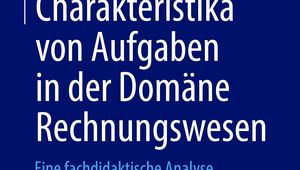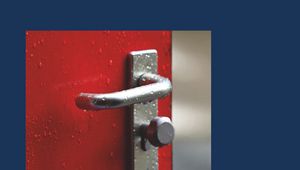The Johannes Kepler University Linz took part in a new study that draws a somewhat critical conclusion.

Prof. Georg Hans Neuweg (head of the Institute for Business Education at the JKU) and Prof. Ferdinand Eder (University of Salzburg) compared data from an external educational standard test to the students' report card grades in math and English.
AHS students work significantly harder than NMS students to earn the same grade. According to the two researchers, the grading scales (which are in fact identical under school law) "… are shifted against each other by about a whole grade for good grades, and by two grades when it comes to poorer grades".
Moreover, school students coming from families that have an academic background are graded lower at AHS and NMS schools than students coming from families that have less of an educational background.
Inconsistent grading
At NMS schools (grading in accordance with in-depth general education requirements) – and with the exception of the grade “very good” - "… the massive and systematic decline in performance standards for individual grade levels" is striking. For example, approximately half of the students given a "satisfactory" grade in mathematics do not meet the educational standards. On the other hand, nearly 60% of students at AHS schools given a failing grade do meet these standards.
In this regard, students can barely learn to objectively self-assess themselves. If we group students together who attend either an AHS school, or are graded according to AHS standards at an NMS school, 85% of all students received feedback in English that they performed at an AHS level. In mathematics, the percentage was 82%. The study’s authors agree that these findings "… certainly contradict everyday experience".
Questionable admission requirements for middle and secondary schools
The researchers also identify shortcomings in the legal regulations pertaining to grading. The seven-level grading scale for secondary schools is inherently contradictory and consequently does not always correspond to the legal definitions regarding grades.
The cited problems are particularly troublesome because admission to middle and upper level secondary schools depends on grades earned at a secondary I level school.
The researchers believe that this could be remedied by no longer basing admission to the next school level on grades earned at the lower secondary level, but rather by giving the responsibility to the admitting schools.
Link to the collective volume containing the study: https://www.waxmann.com/index.php?eID=download&buchnr=4639, opens an external URL in a new window
 Go to JKU Homepage
Go to JKU Homepage












